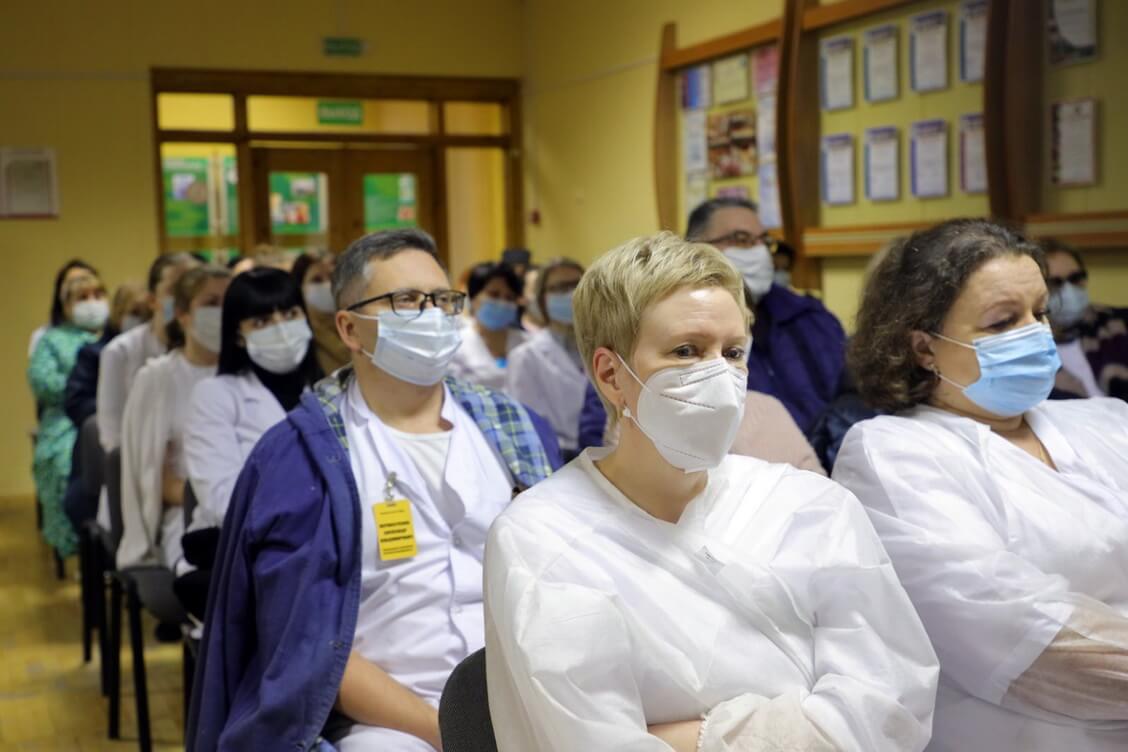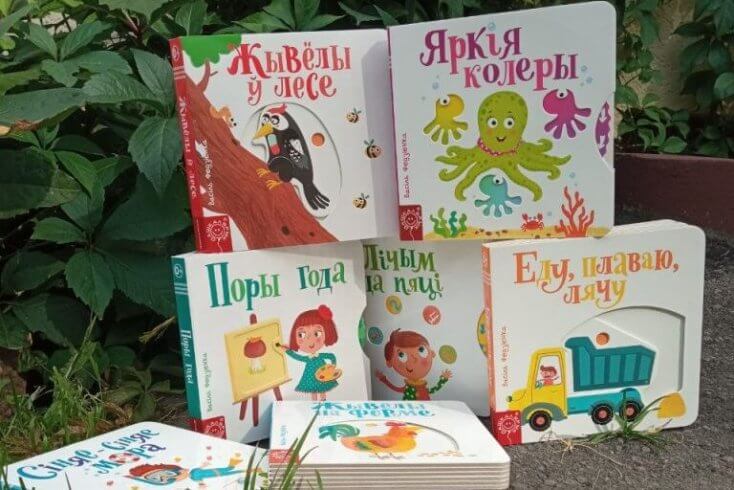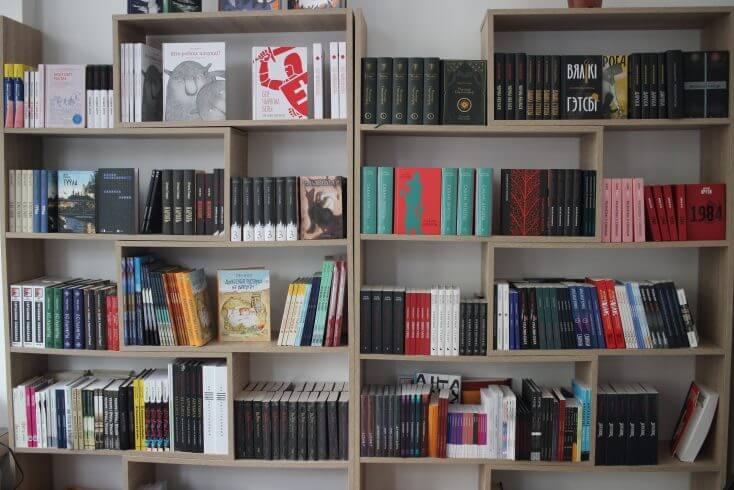Belarus’ propaganda workers fuel anti-Polish sentiment on anniversary of Soviet invasion of Poland

September 17, Pozirk. Belarusian ideology officials have issued new guidelines promoting anti-Polish propaganda on the occasion of People’s Unity Day, which the government observes on September 17—the anniversary of the Soviet invasion of Poland in 1939.
The Scientific Research Institute of Theory and Practice of State Governance, affiliated with Management Academy under the President, has distributed manuals instructing propaganda officers on how to influence youth, intellectuals, and workers. According to Pozirk’s analysis, the sections directed at intellectual audiences contain some of the most aggressive anti-Polish rhetoric.
“The current Polish establishment now seems to consider itself the direct successor of the [Józef] Piłsudski regime—complete with contempt for Germans, subservience to the Anglo-Saxons and the indiscriminate killing of migrants who dare set foot on Polish soil,” one manual declares.
The authors accuse Warsaw of seeking to restore the Polish-Lithuanian Commonwealth, form a Baltic–Black Sea confederation and a new Entente and even reclaim Ukraine’s Volhynia and Galicia regions.
The manual further alleges that between 1921 and 1939—when western Belarusian territories were part of the Second Polish Republic—Poles treated horses and cows better than national minorities. “Those who have traveled to modern Poland to earn money by picking apples, strawberries or doing manual labor on construction sites or farms know that attitudes have changed little over the past hundred years,” it claims.
The document also denigrates the Pole’s Card (Karta Polaka)—a document confirming ties to the Polish nation—likening it to “a brand used to mark livestock.” According to the manual: “It is a mark that owners put on their property, even future property, but not on themselves, as there is no need.”
The authors add that some individuals seeking Polish citizenship are willing to “sell their birthright for a bowl of porridge.”
Propaganda officers are expected to hold meetings with workers, students and intellectuals on September 18 to reinforce these messages.
The briefings come amid tensions between Minsk and Warsaw over irregular migration from Belarus to the EU, Minsk’s refusal to release Polish journalist Andrzej Poczobut imprisoned on politically-motivated charges, the recent arrest of a Polish monk on spying charges and Poland’s closure of its border with Belarus in connection with Belarusian-Russian military maneuvers.
Alaksandar Łukašenka and his officials continue to use ideology as a tool to tighten their grip on Belarus, but they have struggled to develop coherent narratives. Instead, their propaganda relies heavily on Soviet legacies and nostalgia.
State propaganda lesson in Belarusian schools: a relay race no one wants to run

- Society, Sport
- Society
- Society
- PoliticsPolitically motivated convictions reported in Minsk, HrodnaThe material is available only to POZIRK+
- Politics, SecurityBelarus says it downs drones as Kyiv accuses Minsk of aiding Russian attacksThe material is available only to POZIRK+
- PoliticsMinsk to negotiate visa free travel to Saudi Arabia for officialsThe material is available only to POZIRK+
- Economy, PoliticsBelarus holds 496 Lithuanian trucks, 575 semi-trailers - LINAVAThe material is available only to POZIRK+
- Economy, Security, SocietyThree men jailed in Lithuania for smuggling cigarettes from BelarusThe material is available only to POZIRK+
- PoliticsKGB adds eight to list of terroristsThe material is available only to POZIRK+
- EconomyVacancies for foreigners rise by nearly 17 percent in Belarus over a monthThe material is available only to POZIRK+
- Security, SocietyLithuania turns nine African migrants back to BelarusThe material is available only to POZIRK+
- Politics, SecurityConscription-age men given 24 hours to report for military trainingThe material is available only to POZIRK+
- PoliticsFaction Biełarusy quits Coordination CouncilThe material is available only to POZIRK+
- PoliticsOpposition leader urges OSCE PA to establish working group on BelarusThe material is available only to POZIRK+
- Economy
- PoliticsEU Delegation welcomes Statkievič’s release, urges Minsk to free all jailed dissidentsThe material is available only to POZIRK+
- Politics
- Economy, Politics
- PoliticsInterior ministry designates 22 as extremistsThe material is available only to POZIRK+
- EconomyBiełstat: Belarusian companies’ CapEx down 6.1 percent in JanuaryThe material is available only to POZIRK+


